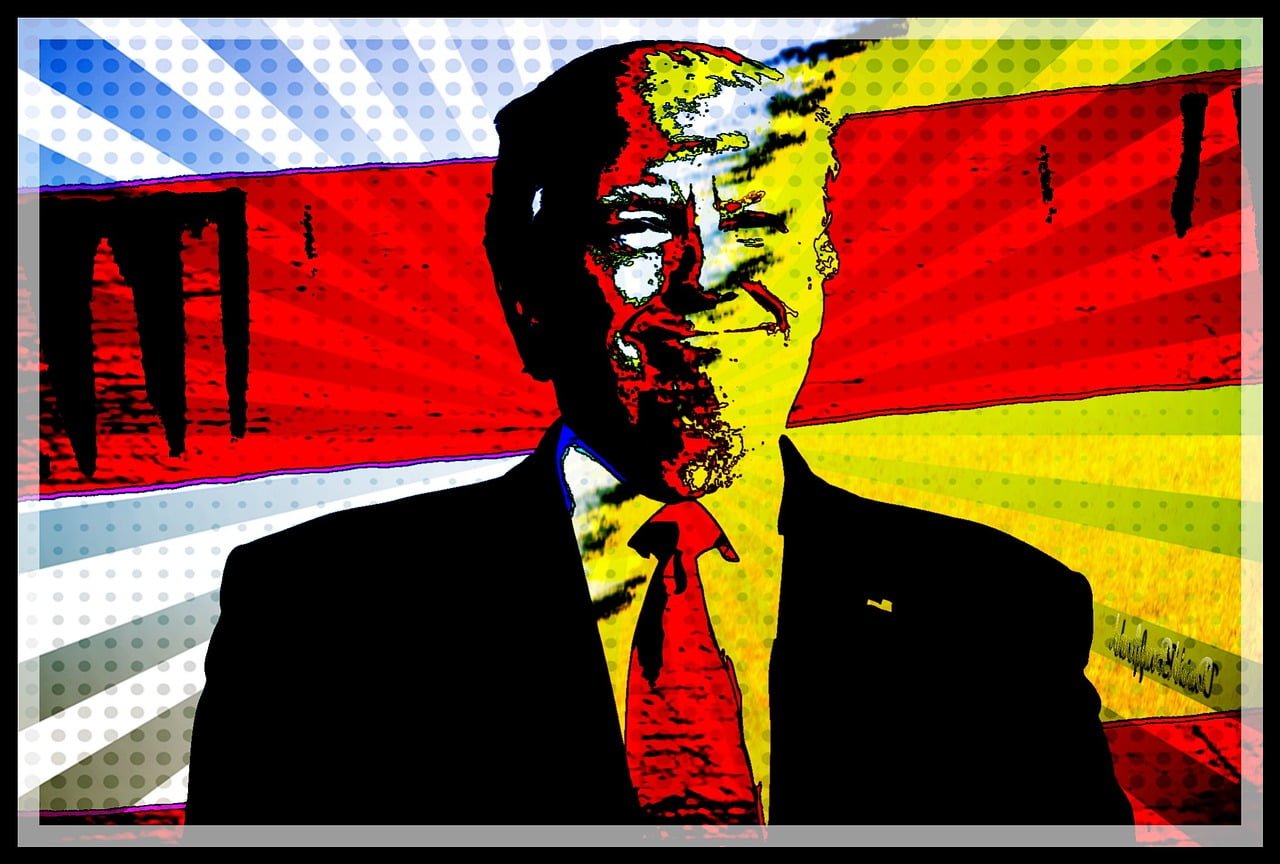Following the mid-December vote to repeal net neutrality, the FCC has just issued their final version of the new policy. While the final proposal does not make any significant changes to previous drafts, its release means the policy can now entertain what is sure to be a massive wave of legal challenges from special interest groups and reactionary state and local legislation. The repeal has generated a generally negative public response from supporters of the Obama-era regulation concerned about the future of the internet. However, massive deregulation could actually be a solution that creates a freer, cheaper, and faster internet than net neutrality advocates could ever imagine.
Without net neutrality, regulations that prevent internet service providers (ISPs) from charging more for priority speeds and higher bandwidth-use sites would disappear. Most Americans are pretty confused by the revised rules but highly skeptical that this action could have any benefits. Many people, especially those living in the rural south where choices are limited, feel like these companies have been taking advantage of their customers for years, and loosening regulatory constraints on these companies seems like a terrible idea.
The Short Life of Net Neutrality
Net neutrality was a regulatory policy set under the Obama administration in 2015 that mandated ISPs to treat the internet like other utilities, such as highways and railroads, under laws established before most people had TVs. Under these rules, companies must act as neutral gateways to the internet without controlling the content or the speed of the content that passes through that gateway. Supporters of the rule argue that these regulations ensure the free flow of information, while those against the policy see net neutrality as a misapplication that stifles an industry that is more dynamic than other public utilities.
Most consumers have limited ISPs to choose from.
Typically pro-market advocates would champion deregulation at any level, but many people have remained divided or completely silent on the net neutrality issue because of uncertainty about the impact of the repeal. Allowing ISPs to charge more for using popular sites like Netflix and Amazon seems like it would be pretty profitable, and these strong incentives would be hard to ignore in a world without net neutrality. In fact, we can see the feared outcome play out in other countries like Sweden, Germany, and Portugal.
Yes, a handful of industry giants can and have abused their market power. Most consumers have limited ISPs to choose from in a given area, and options are more limited outside of big cities where “three-quarters of American homes have no competitive choice for the essential infrastructure for 21st-century economics and democracy,” according to the former FCC chairman Tom Wheeler. It is important to consider how these circumstances came about before deciding that federal regulation might help consumers.
Enter the EpiPen
The arguments against net neutrality repeals center around fears about what producers will do without regulation since they have significant market power and the ability to raise prices to levels that would not be sustainable under more competitive conditions. The concern about increased internet prices is similar to what happened in 2016 when a pharmaceutical company with market power, Mylan, increased the price of life-saving EpiPens by about 400 percent.
Burdensome FDA regulations and other laws essentially granted Mylan a monopoly.
The “greedy” pharmaceutical companies were hung out to dry as Congress berated Mylan representatives in hearing after hearing. There were similar cries of outrage and demands that the federal government do something to prevent such selfish price-gouging, similar to what many consumers fear ISPs will do absent regulations.
Even (supposed) free-market advocates started supporting further regulation during the EpiPen debate. Most notably, then fiscal hawk representative, and now Trump budget director, Mick Mulvaney, defended further market intervention on the condition that, “If you want to come to the state capitols and lobby us to make us buy your stuff, this is what you get. You get a level of scrutiny and a level of treatment that would ordinarily curl my hair.”
However, in all of those hearings, almost no one bothered to unearth the problem that Mulvaney hinted at: why was Mylan was able to increase that price in the first place? Government intervention. Burdensome FDA regulations and other laws pressuring public schools to buy the drug essentially granted Mylan a monopoly. It was as misguided then as it is now to think that these same institutions can be trusted to clean up the mess they created.
More Regulation Is Not the Answer
Unfortunately, we see a similar story playing out with net neutrality. ISPs captured market power in the broadband industry, and, as a result, many Americans have misdirected their rage and blamed ISPs for responding to economic incentives that local governments put in place. Heavy regulatory burdens encourage incumbent ISPs to operate like cartels, staying out of one another's way after they have shouldered the costly barriers to entry in a given region.
A real solution involves lowering the barriers to entry to increase competition.
This is a gross misrepresentation of how free markets work. The only reason that ISPs would hypothetically be able to charge higher prices for different content without losing customers is if there were a severe lack of competition, which is exactly the environment local regulations have created. Gaining access to public “rights of way” and a number of excessive fees make it extremely costly for even the biggest ISPs to get their foot in the door. It can take a long time before new competitors can enter the industry, if at all, resulting in protectionist policies for incumbent industry giants like AT&T and Verizon. The New York Times has cited this lack of competition as the root cause for abysmal American broadband services years before a net neutrality repeal was discussed.
The answer isn’t more regulation. A real solution involves lowering the barriers to entry to increase competition. And while it is uncertain whether the abolition of net neutrality in the face of local monopolies will lead to a freer internet or price hikes like those for EpiPens, there is a chance that it will spark a larger change. The market for broadband services has been anything but free for quite some time. If we want to improve consumers’ access to the internet, regulations need to be peeled back on a larger scale.
Lili Carneglia
Lili Carneglia is a student at the University of Alabama where she is getting a joint bachelor’s and master’s degree in Economics. She is a Young Voices advocate.
This article was originally published on FEE.org. Read the original article.






